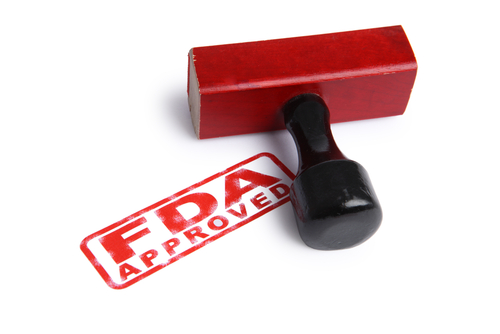Novartis announced that the FDA recently approved the dual combined bronchodilator Utibron™ Neohaler® (indacaterol/glycopyrrolate), an inhalation powder for long-term maintenance therapy of airflow obstruction in patients with chronic obstructive pulmonary disease (COPD), including emphysema and/or chronic bronchitis. The medication is not indicated as a treatment of asthma or for sudden COPD symptoms.
“Patients have told us about the tremendous impact their COPD can have on everyday activities,” said Christi Shaw, US Country Head, President of Novartis Corporation and Novartis Pharmaceuticals Corporation, in a press release. “With this approval, the COPD community now has a new medicine that can help so many patients by improving not only their symptoms, but also their health-related quality of life. This means the possibility of doing things that matter to them.”
COPD is the third leading cause of death in the United States, where it affects about 27 million people.
“As a treating physician, I want my patients with COPD to do as well as they can, but you’d be surprised how many I meet who seem to accept less than that,” said Dr. Donald Mahler, Director of Respiratory Services, Valley Regional Hospital, Claremont, New Hampshire, who evaluated the Utibron Neohaler in a phase III study. “I have seen first-hand how this dual bronchodilator provided meaningful symptom improvement to patients, a key objective in COPD management.”
Novartis anticipates that Utibron Neohaler will be available in the first quarter of 2016. The FDA’s decision is based on outcomes of the EXPEDITION trial program, a phase III trial which comprised 2,654 COPD patients and involved two 12-week trials to assess efficacy (FLIGHT 1 & 2) and one 52-week trial to assess safety (FLIGHT 3).
In the efficacy trials, at week 12, Utibron Neohaler showed persistent and superior lung function improvements (FEV1 AUC0-12) in comparison to its individual bronchodilator constituents (glycopyrrolate dosing of 15.6 mcg and indacaterol dosing of 27.5 mcg) and placebo, all given to patients twice per day. Lung function improvements were observed in comparison with placebo 5 minutes following the first given dosing and sustained through the 12-hour dosing. The drug is not a rescue medication.
Utibron Neohaler also revealed significant improvements in measures of health-related quality of life and reduced use of rescue drugs in comparison to placebo. Health status was evaluated with the total score of the St. George’s Respiratory Questionnaire (SGRQ). Long-acting beta2-adrenergic agonists, including indacaterol, which is one of the constituents of Utibron Neohaler, increase the possibility of death associated with asthma. The drug is not recommended for patients with asthma and should not be started in acutely deteriorating patients with COPD or for relieving acute symptoms.
The most common adverse side events observed in clinical efficacy trials were runny nose, back pain, sore throat, and high blood pressure. Adverse side events seen in the safety study were coherent with those seen in the 12-week trials.
The FDA has also approved Seebri ™ Neohaler® (glycopyrrolate) inhalation powder dosing of 15.6 mcg (one constituent of Utibron Neohaler) as a stand-alone treatment for the same clinical indication. The company anticipates that Seebri Neohaler also will be accessible in the first trimester of 2016.
Seebri and Utibron are delivered via the low resistance Neohaler inhaler, making them appropriate for patients with different airflow limitation severities.

